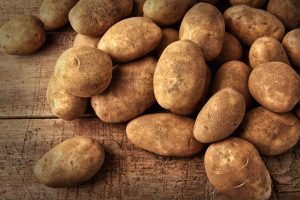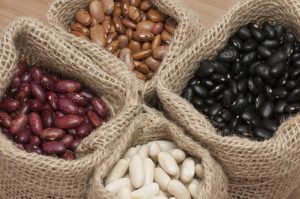By Heide Kennedy, Arizona Farm Bureau Communications Intern
Are you someone who currently struggles with heart-related health issues? Or, if you don’t currently, does your family have a history of struggling with heart issues? If so, it is incredibly important that you be proactive in taking the necessary measures now to help reduce or avoid further heart problems! One such way that helps those with heart health concerns is to eat low-fat foods, as it helps to keep cholesterol levels low. 
While a low-fat diet may sound boring and flavorless, it doesn’t have to be! According to registered dietician Dana Angelo, low-fat foods can sometimes be very bland, as fat is something that gives food flavor. But, spicing up low-fat foods with things such as vinegar, citrus, herbs, and spices can help add some tastiness back into those low-fat foods! Angelo warns, however, that many of the pre-made low-fat foods are full of extra salt, sugar, and other additives in an attempt to add back flavor, so reading labels is crucial!
Additionally, there is quite a variety of low-fat food options to choose from! Whole grains, fruits, vegetables, low-fat dairy products, lean meats and fish, egg whites, and legumes are just a few! Making meals with these ingredients is easy too! If you’re looking for some recipe ideas that use these low-fat ingredients, check out the recipes page on the Fill Your Plate blog!





